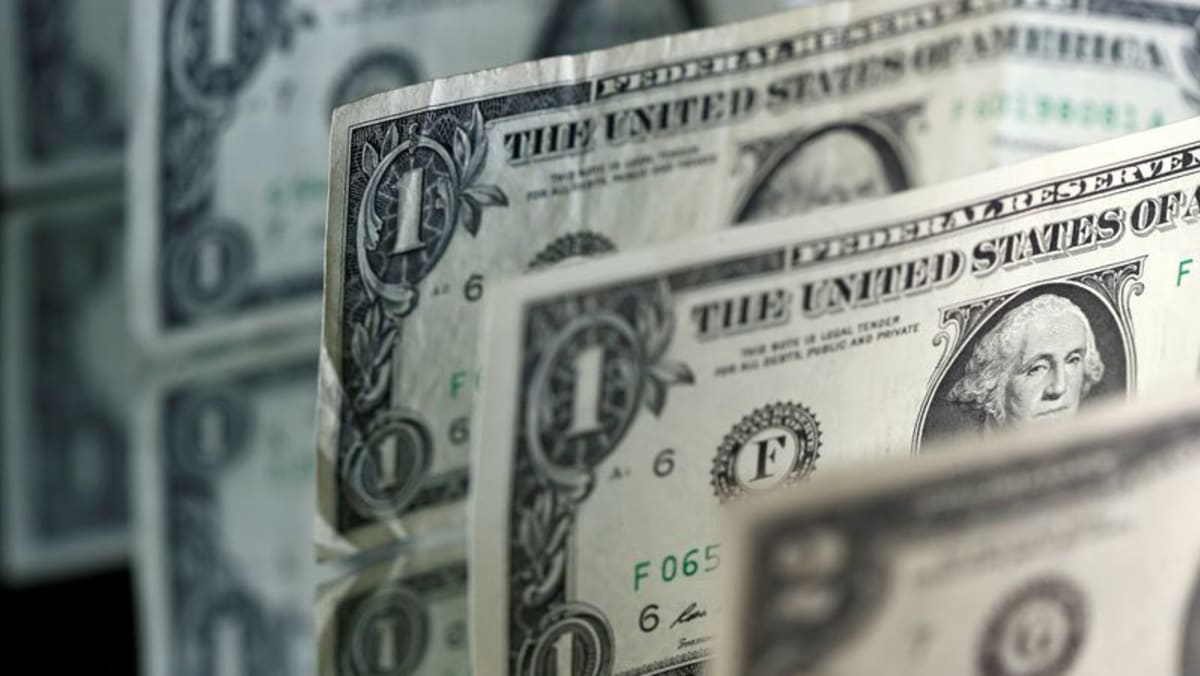HONG KONG: Asian markets were mixed Friday (Mar 28) as traders brace for next week's expected wave of US tariffs, while auto firms extended their painful losses following President Donald Trump's announcement of steep levies on vehicle imports.
The mood on trading floors has soured in recent weeks as the White House presses ahead with its hardball policy approach that has hit friend and foe alike and fuelled recession fears.
The president's pledge to impose 25 per cent levies on all autos coming into the United States overshadowed earlier indications that planned reciprocal measures due on Trump's so-called "Liberation Day" on Apr 2.
Governments around the world have hit out at the announcement, with Canadian Prime Minister Mark Carney saying the "old relationship" of deep economic, security and military ties with Washington "is over".
But warnings of retaliation have stoked worries of a long-running global trade war and a reignition of inflation that could force central banks to rethink plans to cut interest rates.
Uncertainty over Trump's plans and long-term intentions has led to uncertainty among investors, sparking a rush out of risk assets into safe havens such as gold, which hit a new record high of US$3,066.56 on Friday.
Analysts said that while there is hope negotiations with Washington could see the duties tempered, investors were likely choosing to play a wait-and-see game.
After another down day on Wall Street, equity markets in Asia were mixed on Friday, with auto firms again taking the brunt.
Tokyo sank more than 2 per cent as Toyota - the world's biggest carmaker - Honda, Nissan and Mazda tumbled between 1.5 and 3.9 per cent.
Also deep in the red was Nippon Steel after it said it would invest as much as US$7 billion to upgrade US Steel if its huge takeover goes ahead. It had initially flagged a US$2.7 billion investment.
Seoul was off more than 1 per cent as Hyundai gave up 3.1 per cent.
Tariff worries also saw Shanghai, Taipei and Manila fall.
However, Hong Kong advanced thanks to a rally in Chinese tech firms, while Sydney, Singapore and Wellington were also in the green.
Investors will be keeping a close eye on the release later in the day of US personal consumption expenditures data - the Federal Reserve's preferred gauge of inflation - hoping for an idea about the impact of Trump's policies.
The figures come after data this week showed consumer confidence was at its lowest level since 2021 - during the pandemic - owing to growing concerns over higher prices.
News that the US economy expanded at a slightly faster pace than estimated in the final three months last year did little to stir excitement.
On currency markets, the yen strengthened against the dollar after a report showing inflation in Tokyo - a barometer of Japan as a whole - rose more than expected in March, boosting bets on another central bank rate hike.

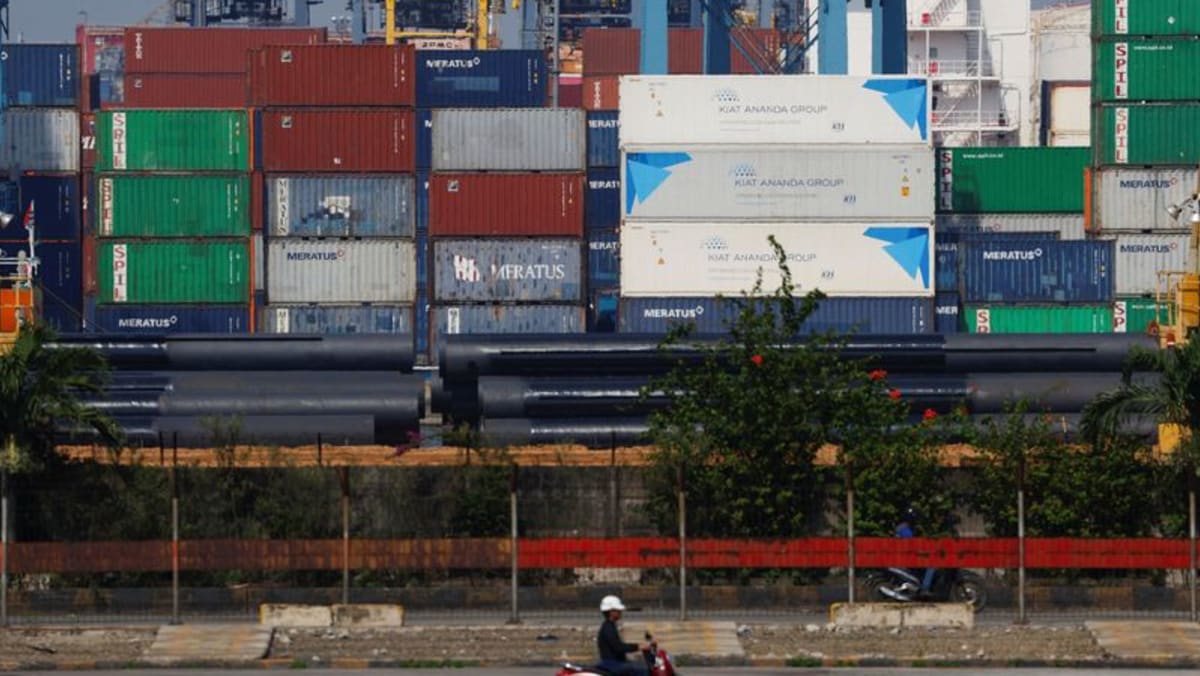

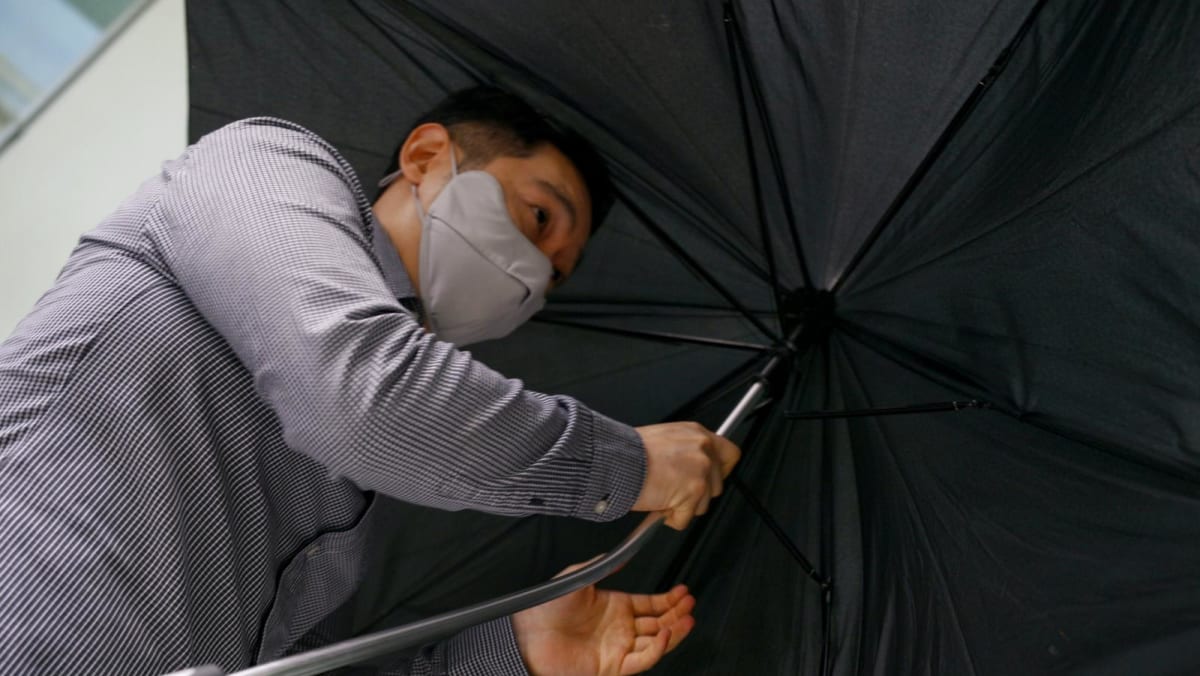




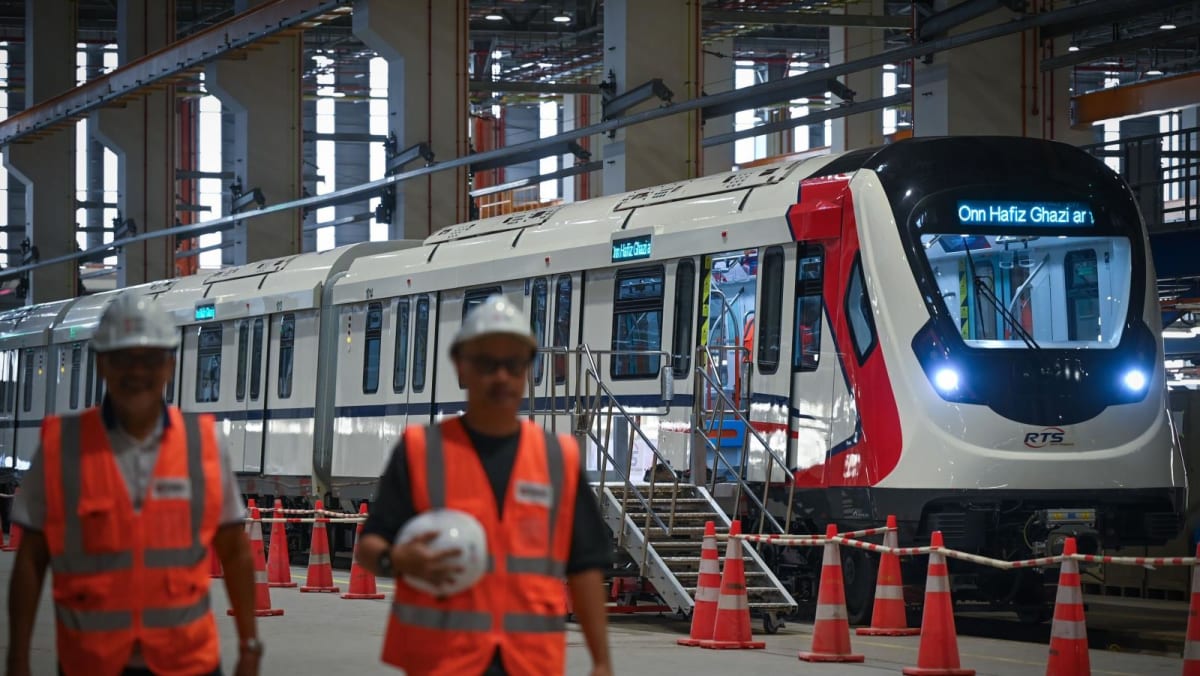
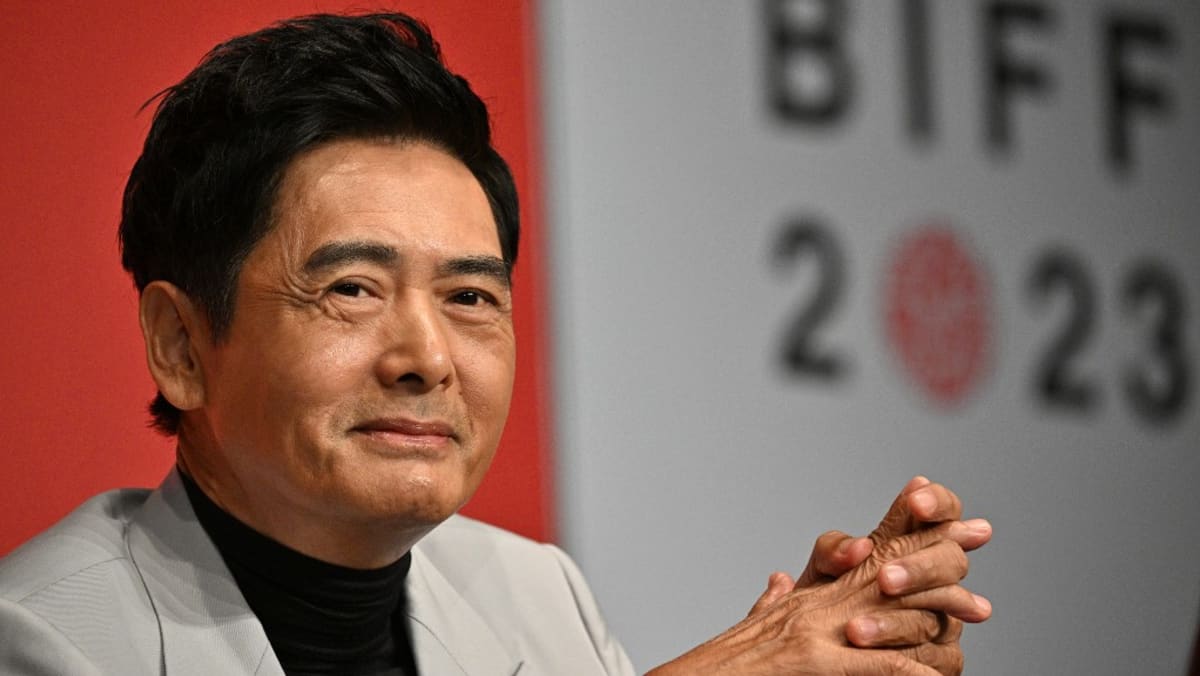



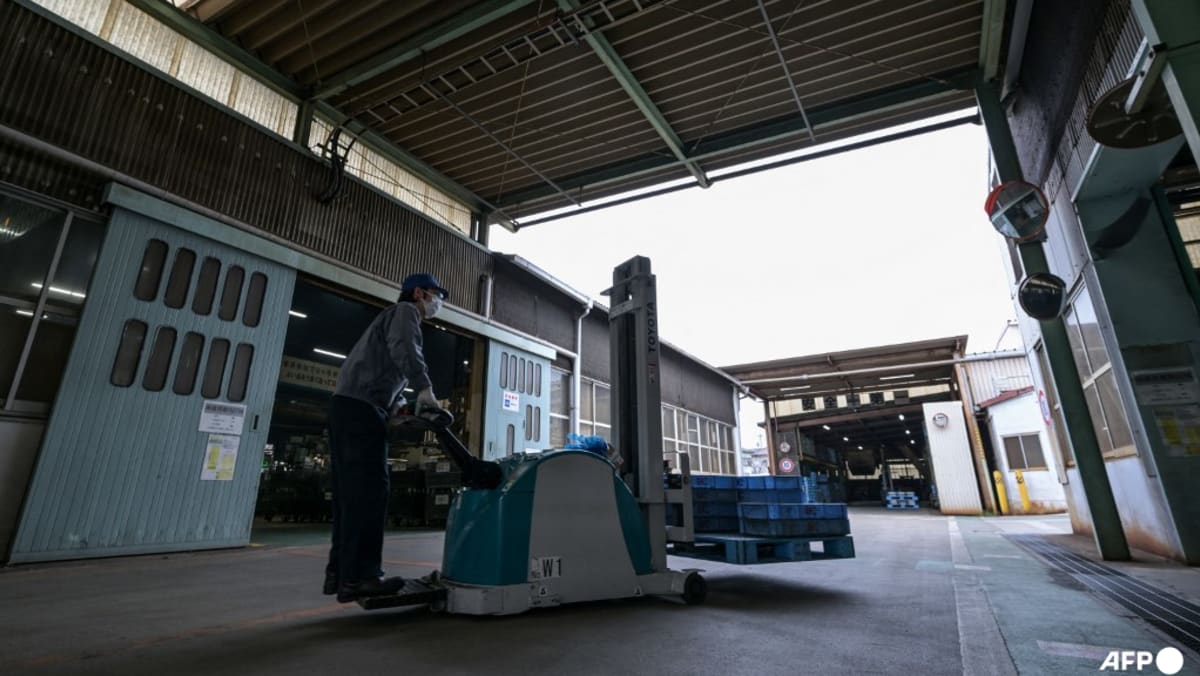
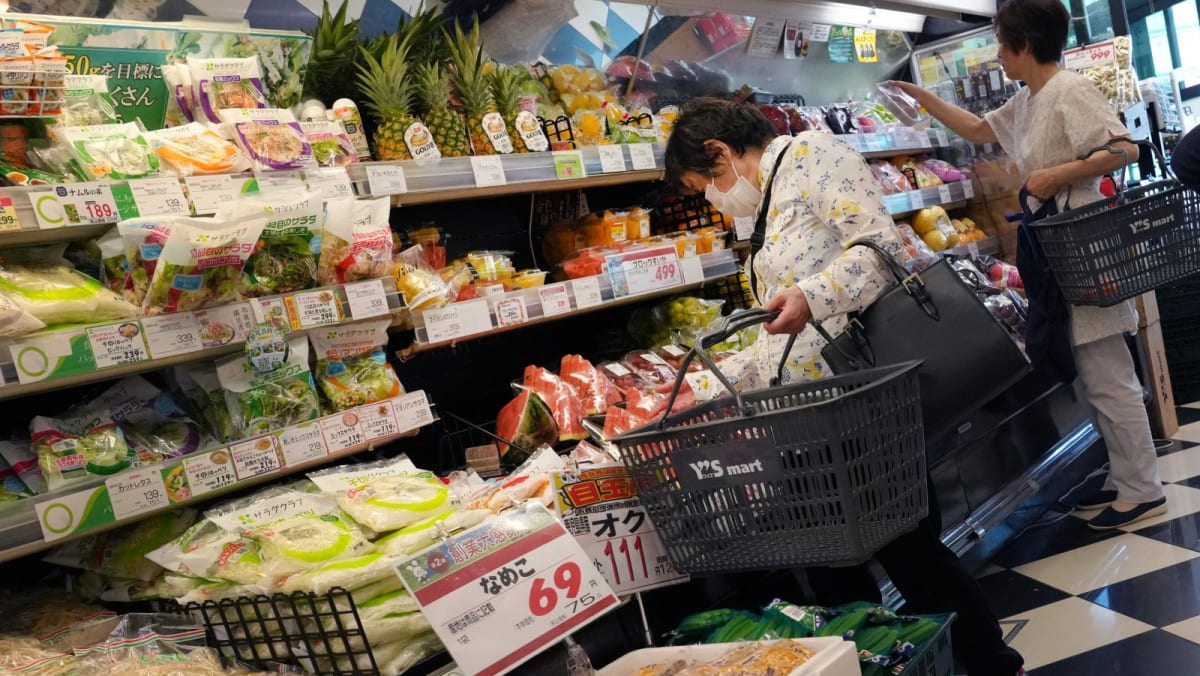
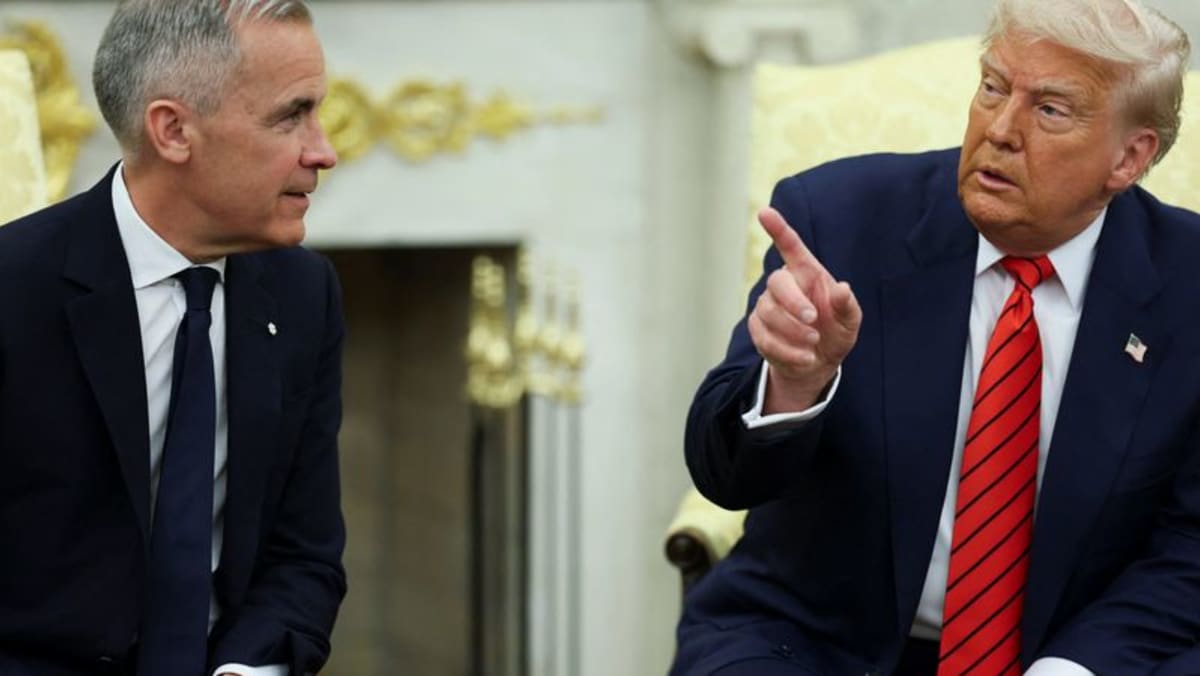


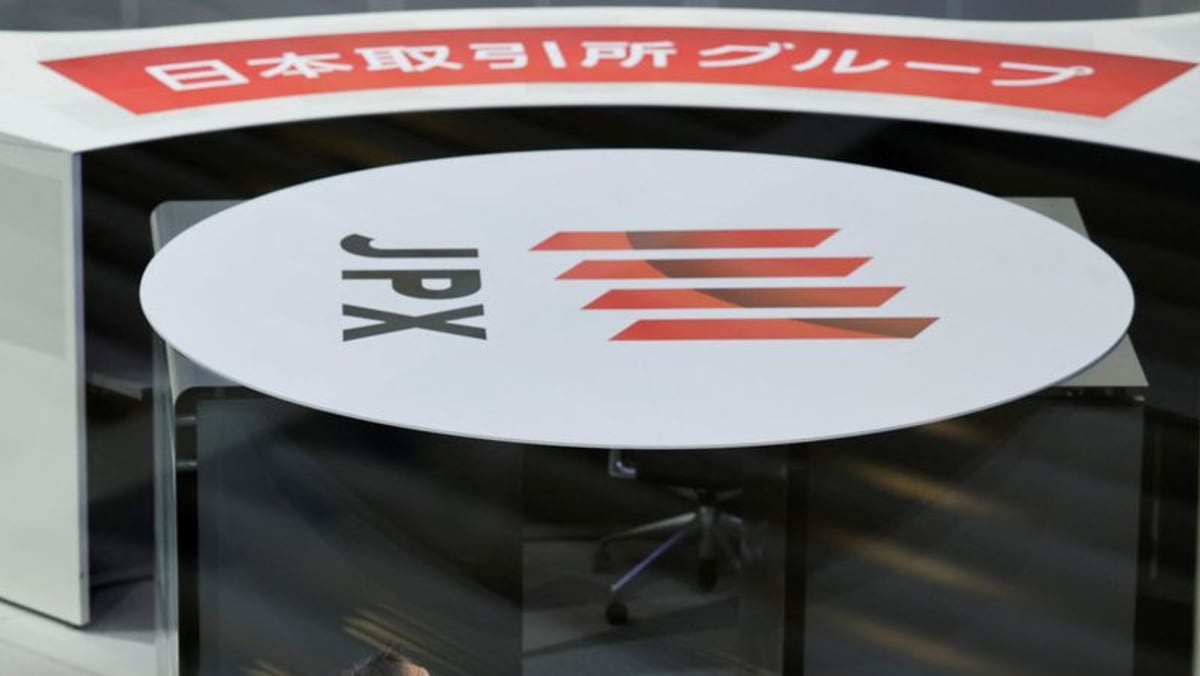

















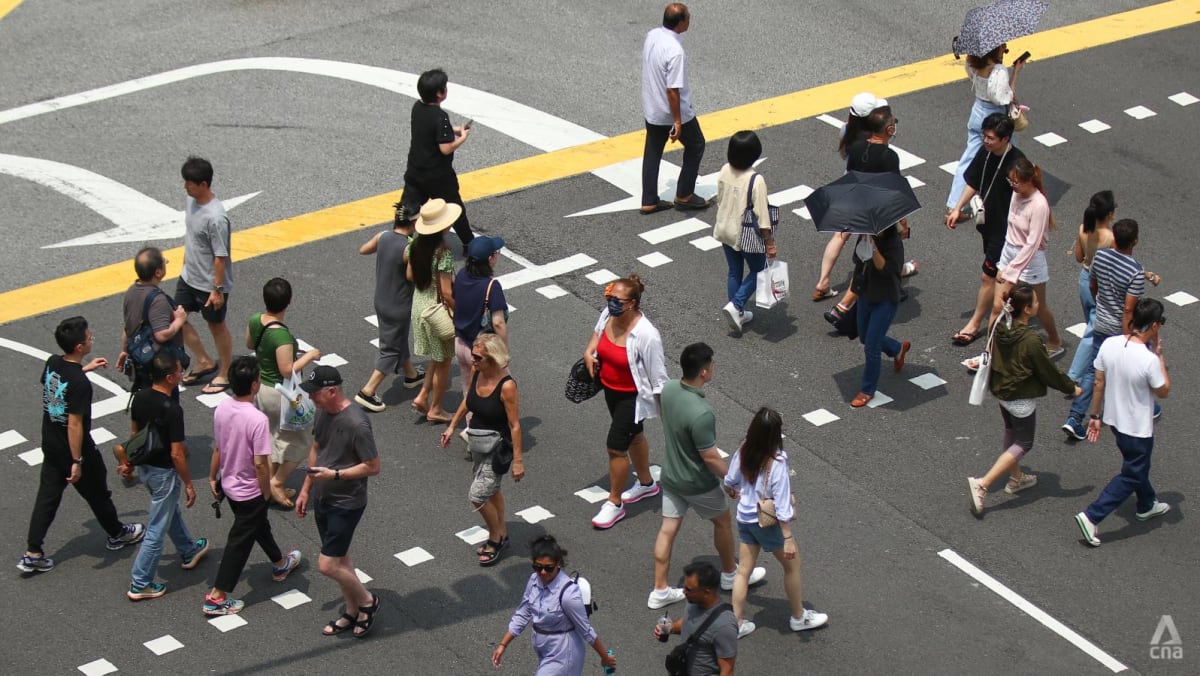












.png?itok=erLSagvf)
